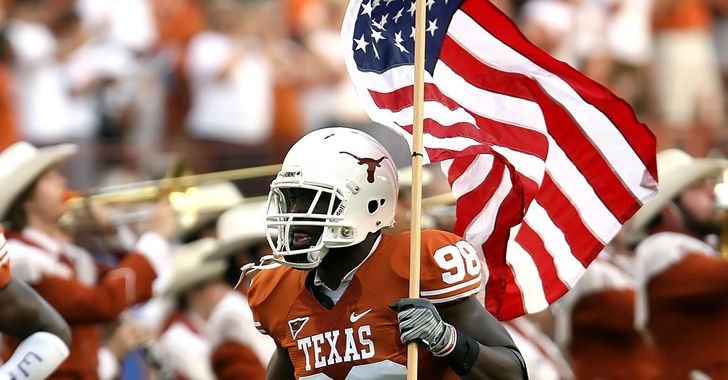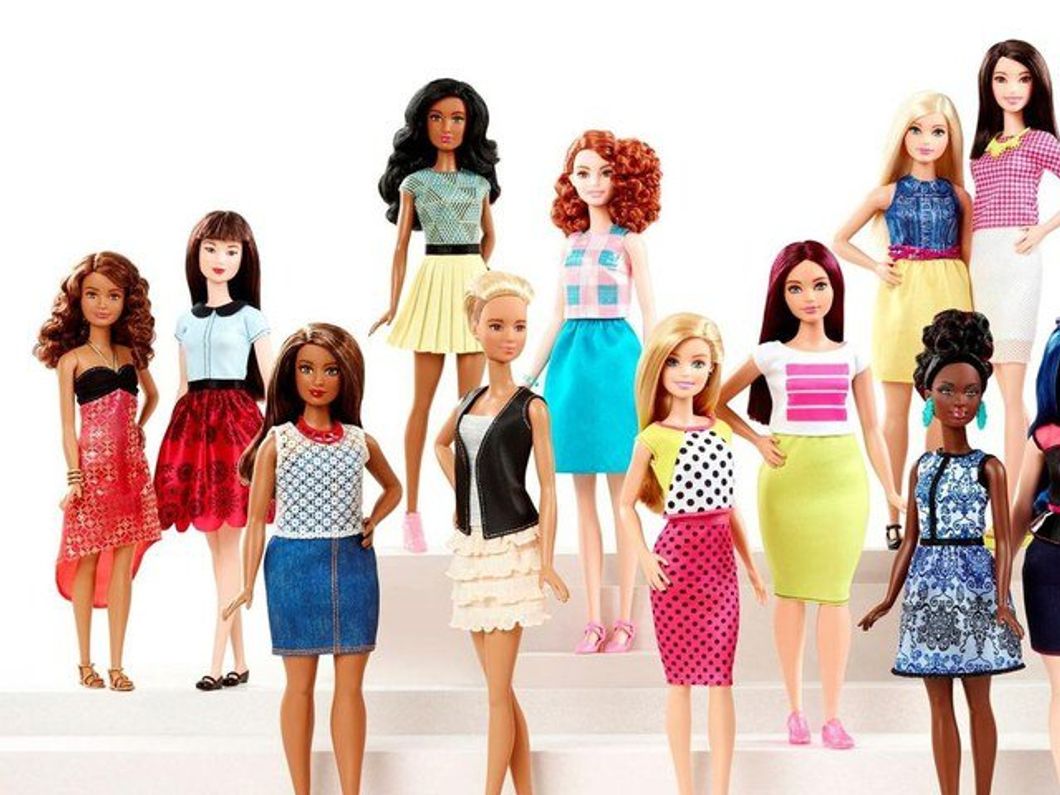Facebook announced this week that it will launch a new product called Facebook News for select users in the U.S.
This new platform will feature articles from more than 200 publishers, including major national news sources like the Wahington Post and ABC News. The platform will also feature local news outlets, like the Dallas Morning News. Its "Today's Stories" section will feature articles hand-picked by Facebook employees.
This launch comes on the heels of intense pressure on Facebook to shut down misleading content on its site.
At a congressional hearing on Monday, Facebook CEO Mark Zuckerberg faced criticism from lawmakers regarding misleading or outright false political advertisements that were running on Facebook. Unlike those political ads, which are designed by third-parties, the Facebook News platform will still feature "personalized" content that will be determined by an algorithm.
Users will be allowed to put "controls" on their accounts to block news they don't want to see.
While this can be seen as a positive, it can also exacerbate the problem of a "news bubble." Allowing users to block important journalism pieces because of their own personal biases will only cement their narrowed worldview. If Facebook is confident that its algorithm will prevent misleading news sources from appearing on the platform, then users should not have to block content.
However, Facebook is featuring content from publishers such as Breitbart, a platform known for propagating alt-right content and conspiracy theories. It is unclear why Facebook has chosen to do this, considering they are compensating the featured publishers in exchange for what it claims to be truthful, hard-hitting journalism.
It seems that Facebook News is not going to deliver on its promise of trustworthiness.
Facebook's marketing strategy is selling the platform as a virtual newspaper with content chosen by journalists. However, the reality seems to be that the platform is simply an extension of Facebook's algorithm-focused development, this only serves to drive traffic towards potentially false and misleading content that bypasses Facebook's seemingly inadequate "fact-checking" filters. This is evidenced by their selection of Breitbart.
It is nowhere near the virtual newspaper it's being marketed as.
If anything, it is an attempt to appease publishers who were seeking additional revenue from Facebook for articles being featured on the platform. It is not going to make the user-experience any more pleasant for people seeking a simple, trustworthy platform to get their news. It will continue the cycle of users being insulated from worldviews that are opposed to their own as the algorithm curates content that will align with their beliefs.
This is not the substantive change that Facebook needs to make.



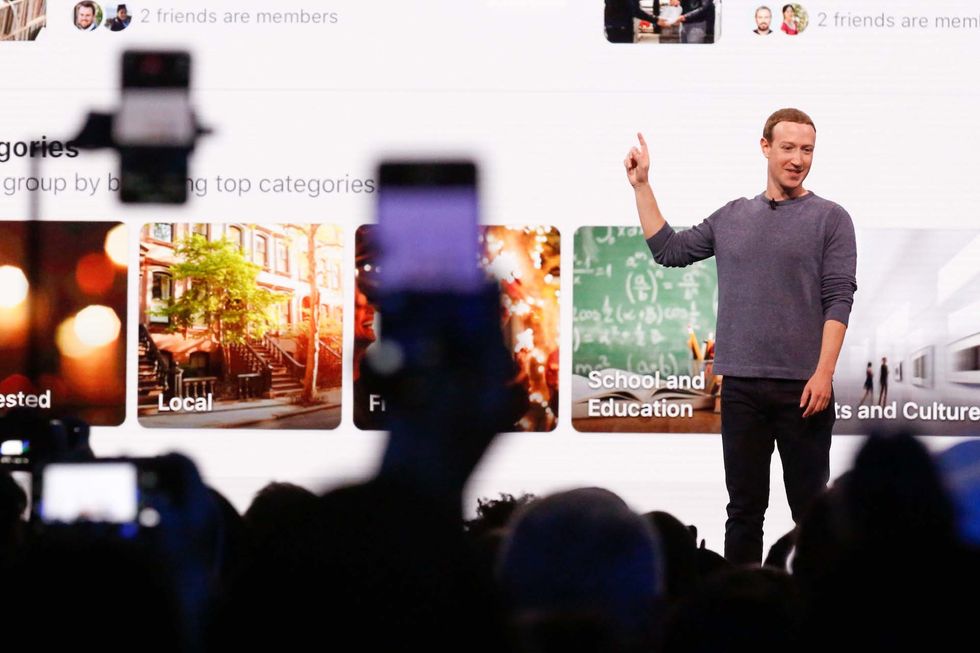


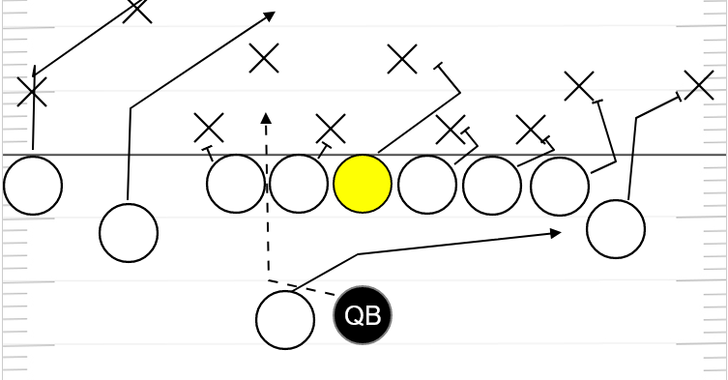

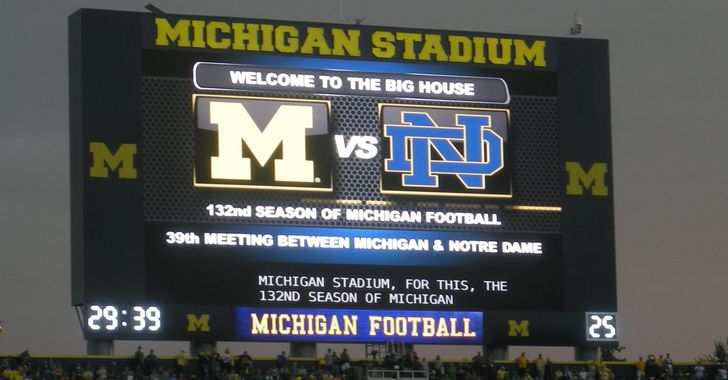
 Photo by
Photo by 